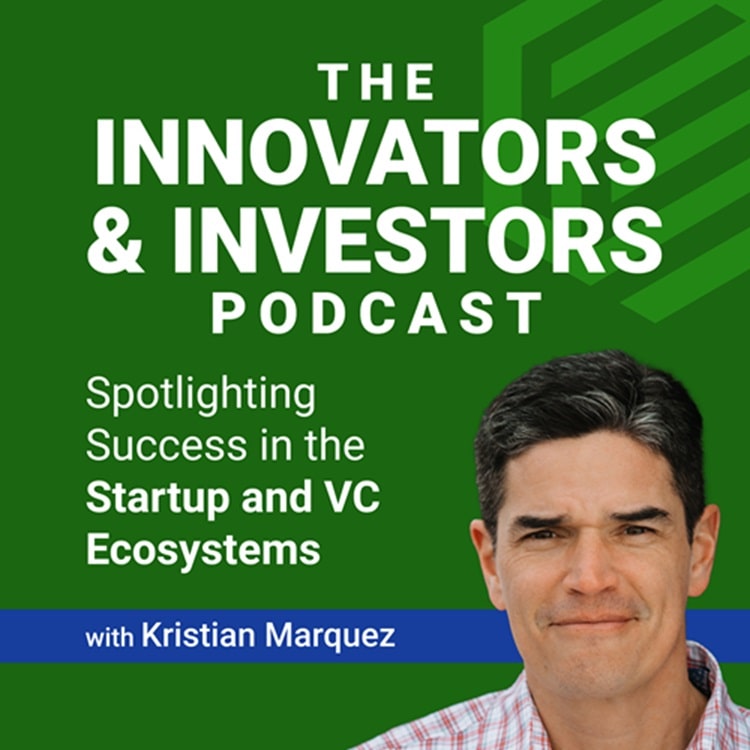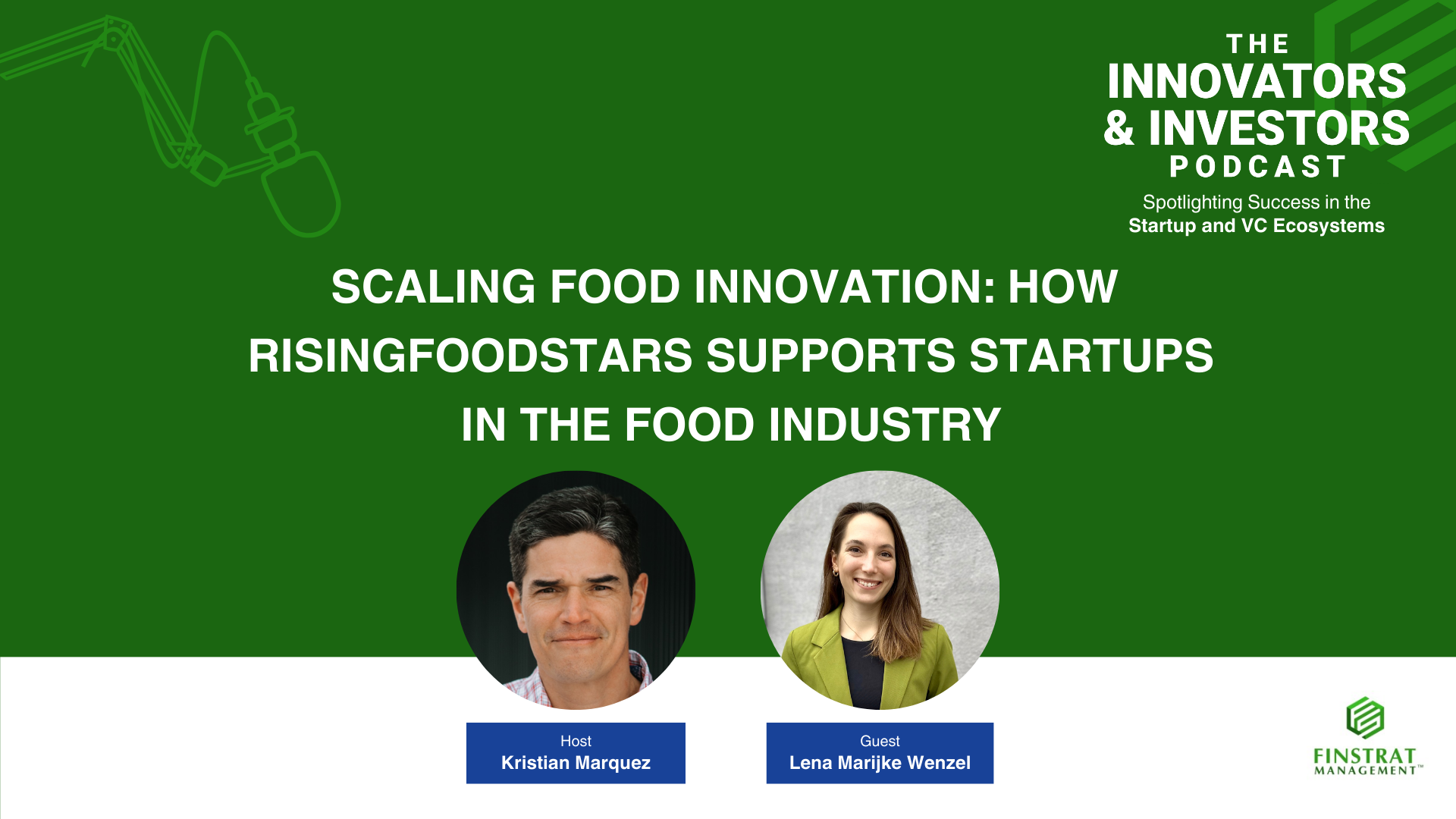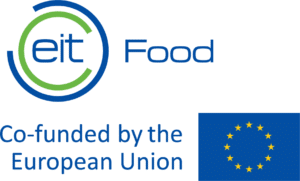Summary
In this episode of The Innovators and Investors Podcast, host Kristian Marquez speaks with Lena Marijke Wenzel, an Innovation Program Manager at EIT Food, a European initiative focused on fostering innovation in the food system. Lena discusses her role within the RisingFoodStars scale up program, which has been operational since 2018 and primarily targets late-stage food technology companies. The program focuses on three crucial challenges: promoting healthier lives through food, developing a net-zero food system, and ensuring a fully transparent, fair, and resilient food system.
Lena explains that the RisingFoodStars program emphasizes tech-heavy solutions and works with companies that have passed the early startup phase and are now looking for growth. The program supports participants through a tailored menu of options, which includes training and mentorship, access to finance, and connections to corporate partners and research institutions. Each year, the program integrates 15 new companies who can remain in the program for up to three years, benefiting from customized support based on their individual needs.
During their conversation, Lena highlights various forms of support available to participating companies, including training in areas such as marketing and AI applications, and networking opportunities at events. She addresses the importance of understanding each company’s unique needs and the shift from startup to established business, emphasizing that as companies grow, they face different challenges, particularly in managing their workforce and professionalizing their operations.
Lena also expresses her enthusiasm for emerging trends in personalized nutrition and regenerative agriculture, showing a keen awareness of the interconnectedness of food systems and health. The conversation concludes with Lena offering insights from her diverse background and the importance of following one’s interests to create opportunities in innovation.
Highlights
- Focus on Food Innovation: EIT Food addresses critical food system challenges.
- Global Perspective: Companies must be EU-registered, but EIT facilitates international market expansion.
- Cohort Structure: The program supports 15 companies annually for up to three years.
- Tailored Support: Offers personalized training and mentorship to meet unique company needs.
- Navigating Growth: Emphasis on the transition from startup to scaling, focusing on professionalization.
- Sustainable Trends: Interest in personalized nutrition and regenerative agriculture signifies a shift towards holistic food systems.
- Networking Opportunities: EIT Food leverages a vast ecosystem of corporate partners and research institutions for better market access.
Key Insights
- Transition from Startup to Scaleup: Lena highlights the challenges that late-stage companies face as they grow from startups to established businesses, emphasizing the need to adapt management styles from founder-led to professional leadership. This may require training in HR and operations, as founders shift into roles as CEOs and leaders. Understanding this transition is crucial for innovation management programs.
- Innovation in Food Systems: The focus of EIT Food on nurturing innovation in the food sector resonates with the pressing need for solutions in areas like healthful eating and climate sustainability. With many companies emerging from R&D backgrounds, turning to commercialization poses a challenge that EIT supports strategically.
- Technology Integration: The emphasis Lena places on tech-heavy solutions suggests a crucial shift in the food sector—from traditional models to data-driven and technology-fueled innovations, whether through AI applications or novel ingredient sourcing. This reflects broader trends in industry towards efficiency and sustainability.
- Evolving Support Needs: As companies progress, Lena notes that their demands shift significantly; hence a flexible, responsive support structure is vital. Programs like Rising Food Stars must constantly reevaluate what resources and training are most pertinent to their cohort.
- Building Networks: EIT Food’s ability to connect startups with significant corporate players and research institutions, and to facilitate interactions at events, underscores the importance of networking in fostering growth and collaboration in the food ecosystem.
- Cross-continental Collaboration: Lena notes an increasing trend in international partnerships, especially between European countries and others in Africa and Asia. This cooperation is crucial for addressing global food challenges and advancing collective innovation.
- Health-Driven Trends: The rising interest in personalized nutrition and the microbiome reflects a broader societal shift towards health-conscious food production and consumption. Companies should align their innovations with these consumer demands to remain competitive in the market.
In conclusion, the intersection of technology, sustainability, and health in the food sector presents both challenges and opportunities, necessitating a robust support structure to facilitate innovation and growth among food-tech companies. EIT Food serves as a vital component in this ecosystem, aiding companies in navigating their path to success while addressing some of the most pressing challenges in food systems today.
To stay up-to-date with Lena Marijke-Wenzel and her work with EIT Foods, you can follow her on LinkedIn.
Follow our show on your podcast channel of choice or listen below:




